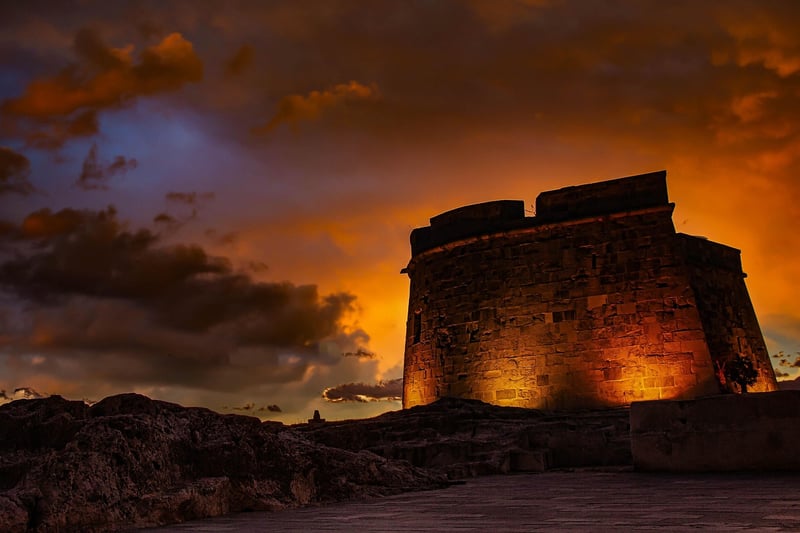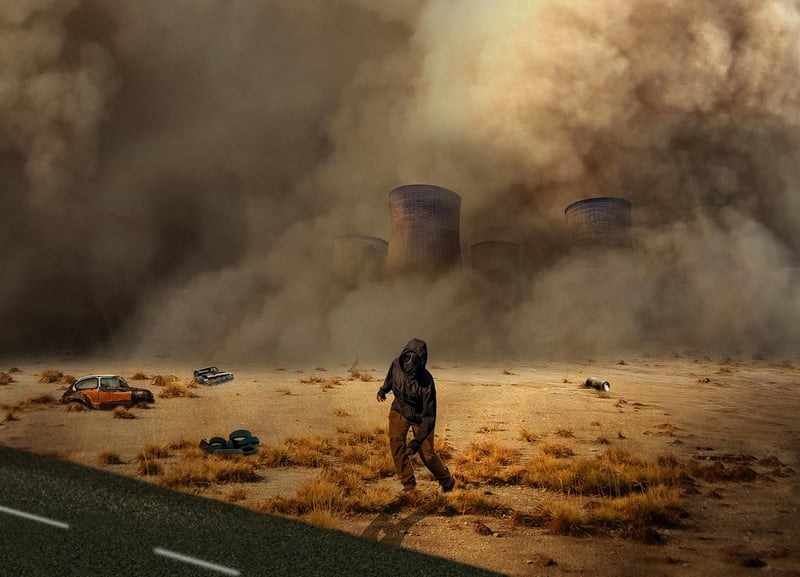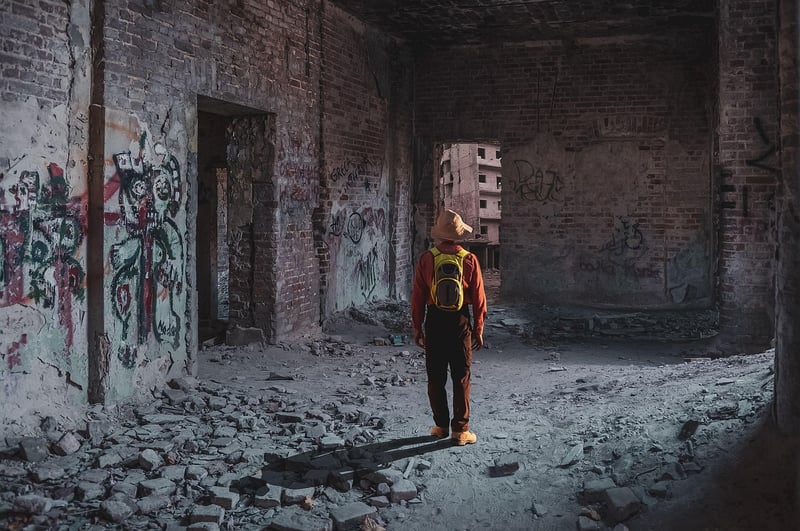Future Dystopian Worlds
Exploring Different Eras and Future Dystopian Worlds
Throughout history, humanity has witnessed various eras that have shaped our world in unique ways. From ancient civilizations to modern times, each era has contributed to the tapestry of human existence. Additionally, the concept of future dystopian worlds has captured the imagination of many, offering a glimpse into possible dark futures that could await us. Let's delve into these fascinating topics and explore the diversity of human history and speculative futures.
Ancient Civilizations
Ancient civilizations such as the Egyptians, Greeks, Romans, and Mesopotamians laid the foundation for many aspects of modern society. Their advancements in architecture, governance, art, and science continue to influence us today. The pyramids of Egypt, the philosophy of Aristotle, the Roman legal system - these are just a few examples of the enduring legacy of ancient civilizations.

The Middle Ages
The Middle Ages, spanning from the 5th to the 15th century, saw the rise of feudalism, the spread of Christianity, and significant developments in art and architecture. Castles, cathedrals, and epic tales of knights and dragons characterize this era, providing a rich tapestry of historical events and cultural achievements.

The Industrial Revolution
The Industrial Revolution, starting in the late 18th century, marked a significant shift in human history with the rise of mechanization, factories, and urbanization. This era transformed societies, economies, and daily life, laying the groundwork for the modern world we live in today.

Future Dystopian Worlds
Imagining future dystopian worlds has been a popular theme in literature, films, and art. These speculative futures often depict societies plagued by oppression, environmental disasters, or technological control. Authors like George Orwell, Aldous Huxley, and Margaret Atwood have created immersive dystopian worlds that serve as cautionary tales about the potential consequences of current societal trends.

Whether exploring the depths of history or contemplating the possibilities of future dystopian worlds, these eras offer valuable insights into the human experience. By understanding where we come from and where we could be headed, we gain a deeper appreciation for the complexities of our past, present, and potential futures.
